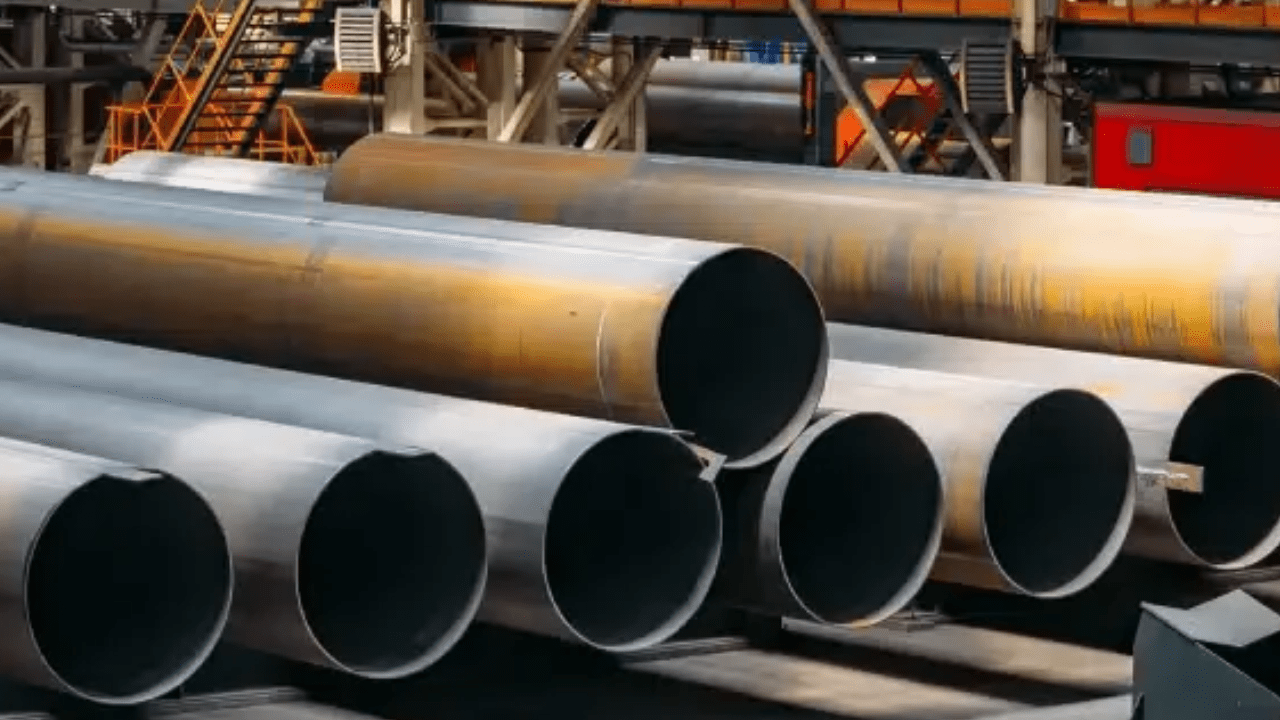
What is the Significance of AS1163 in the Construction Industry?
AS1163 is the foundation of cold-formed basic steel hollow segments within the Australian and Modern Zealand development segments. It fastidiously defines the necessities for creating and conveying cold-formed, electric resistance-welded steel hollow areas fundamental for a huge number of basic applications. This standard guarantees that these components meet rigid quality and security guidelines, imperative for the keenness and unwavering quality of auxiliary systems in assorted projects.
For as 1163 comprehensive system gives producers and providers clear rules, advancing consistency, quality, and adherence to industry best hones. Its importance expands past simple control, serving as a crucial apparatus for guaranteeing the basic keenness and execution of buildings, infrastructure, and other building projects. AS1163’s impact resounds all through the development industry, forming practices, guidelines, and the built environment for improved security, solidness, and maintainability.
Presentation to AS1163 Standard
This standard plays a significant part in guaranteeing the quality, unwavering quality, and consistency of these basic auxiliary components utilized in different businesses. It builds up a common system that administers the generation, dispersion, and application of cold-formed steel empty segments, giving clarity and consistency in designing hones.
Outline of Cold-Formed Basic Steel Hollow Sections
Cold-formed basic steel empty segments are necessary components in auxiliary building and development projects. These areas are manufactured through a cold-forming preparation without ensuing warm treatment, guaranteeing their basic astuteness and dimensional exactness. Cold shaping includes twisting, forming, and welding steel strips or sheets into empty shapes, such as squares, rectangles, and circular tubes, to form load-bearing basic components.
Key Details of AS1163 Standard
AS1163 indicates three quality grades of cold-formed basic steel hollow sections, each with particular properties appropriate for welding. The standard moreover portrays dimensional resiliences, fabricating necessities, and quality control measures to guarantee compliance with industry measures. These determinations incorporate prerequisites for chemical composition, mechanical properties, measurements, resistances, and testing methods, giving comprehensive rules for the generation and testing of cold-formed steel hollow sections.
Reason and Goals of AS1163 Standard
The essential objective of AS1163 is to supply producers and providers with a comprehensive system for creating and providing cold-formed auxiliary steel empty areas. By setting up uniform necessities and determinations, the standard points to advance consistency, quality, and security in auxiliary designing hones. It looks to guarantee that cold-formed steel empty areas meet the necessary execution criteria for auxiliary applications, counting quality, toughness, and dimensional exactness.
Compliance and Execution
AS1163 sets forward clear rules for compliance and usage, guaranteeing that producers follow endorsed manufacturing forms and quality control measures. Compliance with the standard is essential to ensure the basic astuteness and execution of cold-formed steel empty areas. It requires producers to take after indicated strategies for material selection, handling, manufacture, and testing to guarantee that the wrapped-up items meet the desired prerequisites.
Affect on Auxiliary Designing Practices
The appropriation of AS1163 incorporates a noteworthy effect on auxiliary building hones, affecting the plan, development, and support of different framework projects. By standardizing the generation and supply of cold-formed steel hollow sections, the standard improves the by and large quality and unwavering quality of auxiliary systems. It provides engineers, modelers, and development experts with certainty within the execution and appropriateness of cold-formed steel hollow sections for a wide run of auxiliary applications.
Future Advancements and Contemplations
As innovation and building practices advance, AS1163 will proceed to experience modifications and upgrades to reflect progressions in materials, manufacturing methods, and industry best practices. Continuous enhancement and adjustment are basic to guarantee that the standard remains pertinent and viable in the assembly of the advancing needs of the development industry.
Conclusion
AS1163 plays a pivotal part in controlling and standardizing the generation and supply of cold-formed auxiliary steel hollow sections. By giving a comprehensive system for producers and providers, the standard guarantees consistency, quality, and security in basic building hones. Compliance with AS1163 is basic to maintain the judgment and execution of basic frameworks in different industries. As a foundation of the development industry, AS1163 proceeds to shape a long-standing time of auxiliary designing and foundation advancement in Australia and the United Zealand.


